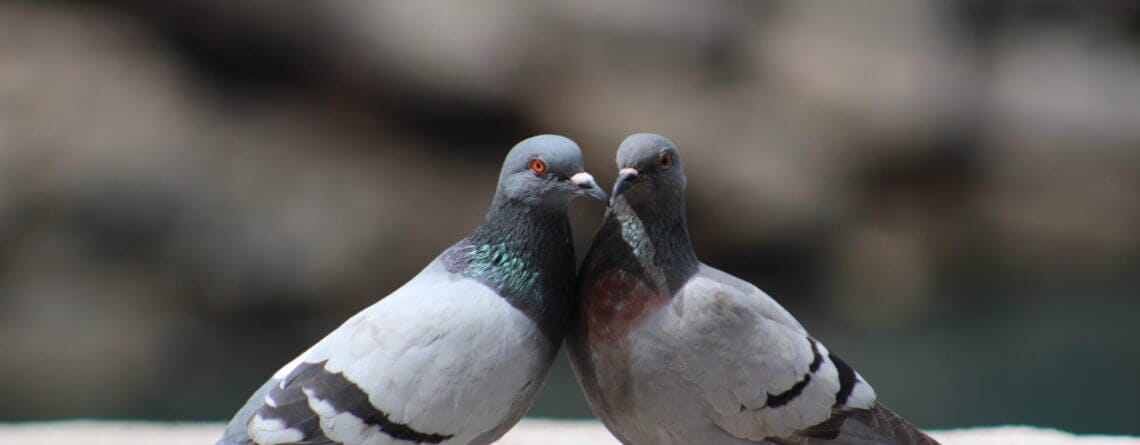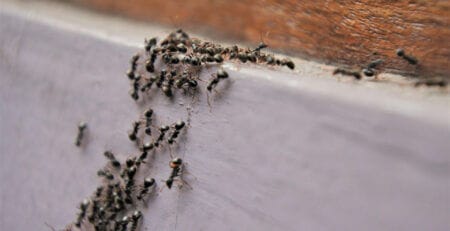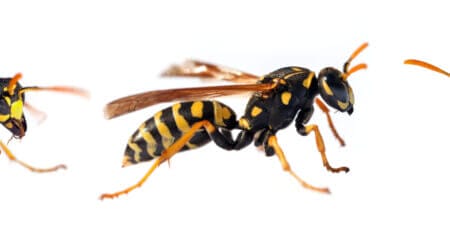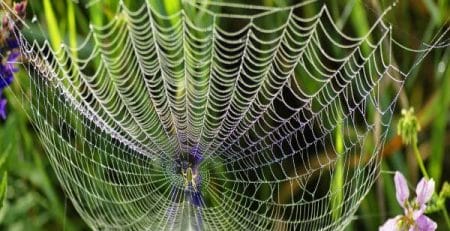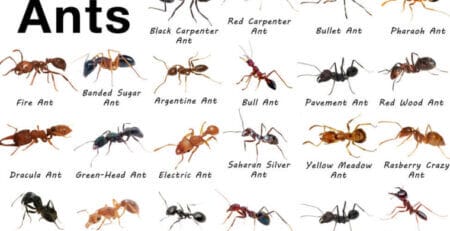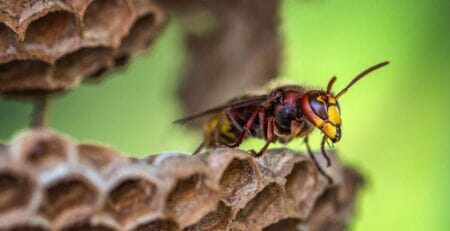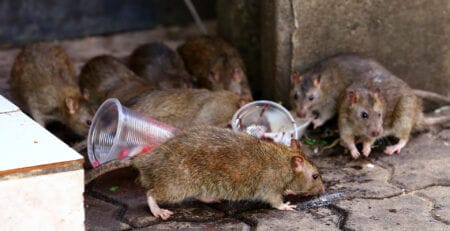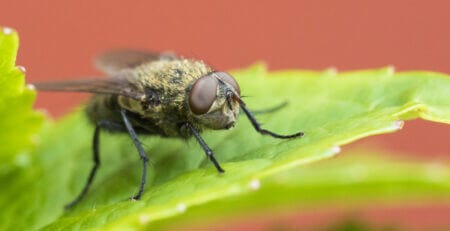A Guide to Bird Control
Birds are beautiful creatures that add charm to our surroundings, but when their populations grow unchecked, they can become a nuisance and pose various challenges. From property damage to health risks, bird infestations can have detrimental effects. In this article, Pest Control Direct aims to provide an introduction to bird control, focusing on the need and importance of managing bird populations in the UK. By understanding the impact of bird infestations and the reasons for implementing effective control measures, individuals and businesses can take proactive steps towards bird management.
The Impact of Bird Infestations
Bird infestations can cause a range of problems that require immediate attention. Here are some key areas where bird populations can have adverse effects:
- Property Damage: Birds, especially large populations, can cause significant damage to buildings and structures. Their droppings, nests, and nesting materials can clog gutters, block drainage systems, and accelerate the deterioration of roofs, facades, and signage.
- Health and Safety Risks: Birds and their droppings can create health hazards for humans. Accumulated droppings contain bacteria, fungi, and parasites that can lead to respiratory problems, skin infections, and other diseases. Slippery bird droppings on walkways and stairs pose a safety risk, increasing the likelihood of accidents and injuries.
- Noise Disturbance: Excessive bird activity, such as persistent vocalizations or nesting near living or working spaces, can lead to noise disturbances, disrupting sleep, concentration, and overall well-being.
- Crop and Agricultural Damage: In agricultural settings, bird infestations can cause significant damage to crops, affecting yields and economic sustainability. Birds may feed on fruits, grains, and vegetables, leading to financial losses for farmers.
Understanding the Need for Bird Control
Considering the impact of bird infestations, it becomes evident that effective bird control measures are necessary. Here are some reasons highlighting the need and importance of bird control:
- Property Preservation: Implementing bird control strategies helps protect the integrity and aesthetics of buildings, structures, and landscapes. By deterring birds from nesting and roosting in vulnerable areas, property damage can be minimized, preserving the value of assets.
- Health and Hygiene: Controlling bird populations is crucial for maintaining a healthy and hygienic environment. By reducing bird droppings and deterring their presence, the risk of disease transmission and contamination is significantly diminished.
- Safety Enhancement: Bird control measures improve safety by minimizing slip and fall risks associated with bird droppings, reducing the chances of accidents and injuries. This is particularly important for public spaces, walkways, and areas with high foot traffic.
- Agricultural Protection: Effective bird control in agricultural settings safeguards crops, preventing significant financial losses for farmers. By managing bird populations, agricultural productivity can be maximized, ensuring sustainable food production.
Implementing Effective Bird Control Measures
To successfully manage bird populations, a comprehensive approach is necessary. Here are some common methods employed in bird control:
- Bird Deterrents: Physical deterrents like netting, spikes, and wire systems can prevent birds from accessing sensitive areas and discourage nesting and roosting. These physical barriers are humane and effective in deterring birds without causing harm.
- Sonic and Ultrasonic Repellents: Sonic devices emit bird distress calls or predator sounds, creating an unfavourable environment for birds. Ultrasonic devices emit high-frequency sound waves that are uncomfortable for birds but inaudible to humans.
- Visual Bird Deterrents: Visual deterrents such as reflective devices, decoys, and predator eyes can create an illusion of threat and discourage birds from settling or roosting. These visual cues disrupt their comfort zones and deter them from the area.
- Professional Pest Control Services: Engaging professional pest control services specializing in bird control is often the most effective and efficient way to manage bird populations. Pest control experts have the knowledge, experience, and access to specialized techniques and equipment required for effective bird control.
Conclusion
Understanding the need and importance of bird control is crucial for individuals and businesses in the UK. By recognizing the impact of bird infestations on property, health, safety, and agriculture, proactive steps can be taken to implement effective bird control measures. From physical deterrents to sonic devices and professional pest control services, various methods exist to manage bird populations responsibly. By prioritizing bird control, we can preserve our properties, safeguard our well-being, and ensure the sustainable coexistence of humans and birds in our environments.

